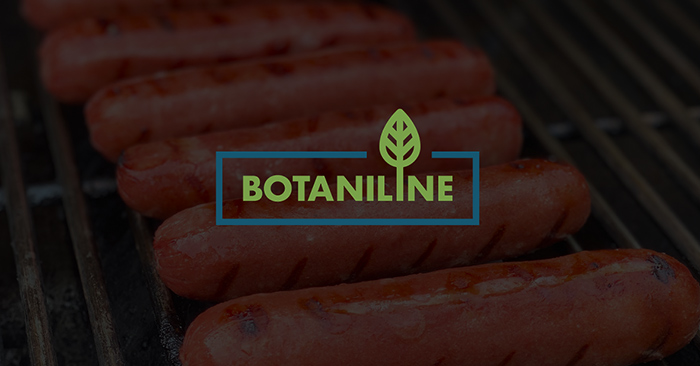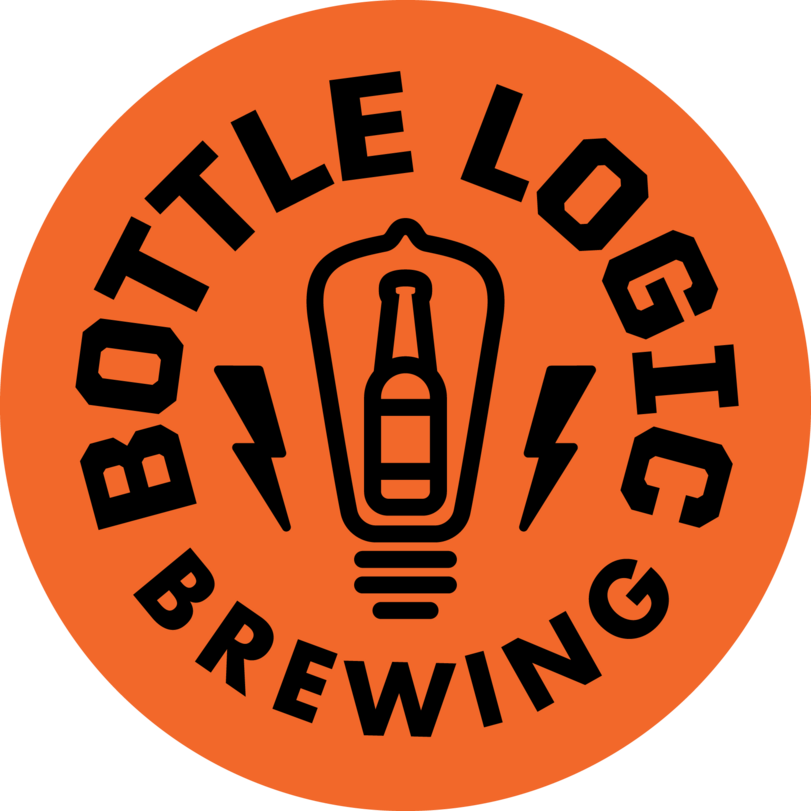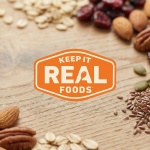Botaniline Modernizes Meat and Potatoes With New Partnership

Food technology company Botaniline announced it has signed an agreement with National Food Group (NFG), a wholesale foodservice manufacturer and distributor, to begin distributing its better-for-you and additive-free processed meat products to retail and foodservice locations this month. While Botaniline’s goal is to clean up processed meat options, the line will also allow consumers to reduce their meat intake while not having to make the full jump to plant-based proteins.
This marks the Buffalo, New York-based startup’s pivot from ingredients to finished products as it begins to create clean-label processed meats under its own brand name that feature its proprietary potato-based binding agent. The partnership is aimed at giving Botaniline the increased manufacturing and distribution capabilities to support the rollout of its branded products to schools, universities, hospitals, hotels and other foodservice segments nationwide.
“We’re proud to create a healthier solution for Food Service Operators at a time when they need it most,” said Mark Celmer, Botaniline CEO, in a press release. “Our partnership with National Food Group is a natural fit for us to provide delicious, on-trend menu items that are better for you – and the planet.”
Created as a spin-off from local meat manufacturing business Wardynski & Sons, Botaniline’s novel binding agent, made solely from potatoes, has the ability to replace the salt, preservatives and fillers typically used in ground meat products including hot dogs, sausages and burgers. At the same time, it also decreases the amount of meat in each product, replacing it with potatoes.
Upon introducing the product in 2018, the company was focused on selling and integrating the technology at major meat manufacturing companies such as Tyson, Nestle and Hormel. Although those deals never quite materialized, Botaniline’s Director of Marketing & Business Development, Heather Ryan, said it was less due to the taste and better-for-you attributes associated with the product and more so due to a lack of consumer demand.
“The answer [from brands] was: we’re not hearing this from our customers,” explained Ryan. “But of course, they weren’t hearing it from their customers, no one knows that this product exists. They can actually create a clean-label, low sodium, healthier processed meat… but they weren’t willing to change their existing product bill.”
Botaniline is primarily looking to position its branded products around its reduced-sodium callout, which has also driven its distribution efforts toward places where convenient, better-for-you processed meats are experiencing increased demand, such as K-12 school districts. The company is also pursuing retail distribution under the Botaniline name; the line is currently available in products at retailers such as Wegmans, branded as Wardynski & Sons meat.
The technology itself uses one ingredient – potatoes – that are boiled for a specific time and at a certain temperature to alter the chemical properties of the starch so that it acts as a “natural peptide” and substitute for the traditional additives. By incorporating it into processed meat products, Ryan said sodium content can be reduced up to 90%, creating a processed meat that is free from allergens, gluten, MSG, TVP, and soy.
Celmer said that after the product was developed, the company also realized it had an unintended sustainability impact. When the finished ingredient is used, it is substituted for between 10% to 20% of the meat contents typically used in any given product. This carefully cooked potato also acts like a sponge, retaining the liquid that is often lost from the meat during the manufacturing process which helps maintain the original flavors and reduce the amount of slurry water waste created by meat processing.
According to Ryan, the company has created over 100 recipes that the product can be used in and said they are also looking at creating plant-based alternatives down the road. Celmer also emphasized that although the company has pivoted to CPG, it still has long term goals of integrating this technology with major meat processors, specifically those who may operate internationally.
“We’re hoping in the next five years to not just have this be in the United States, but have it be a worldwide company,” Ryan stated. “We want to revolutionize the food industry throughout the entire world and help further sustainability and clean labeling [initiatives].”

















